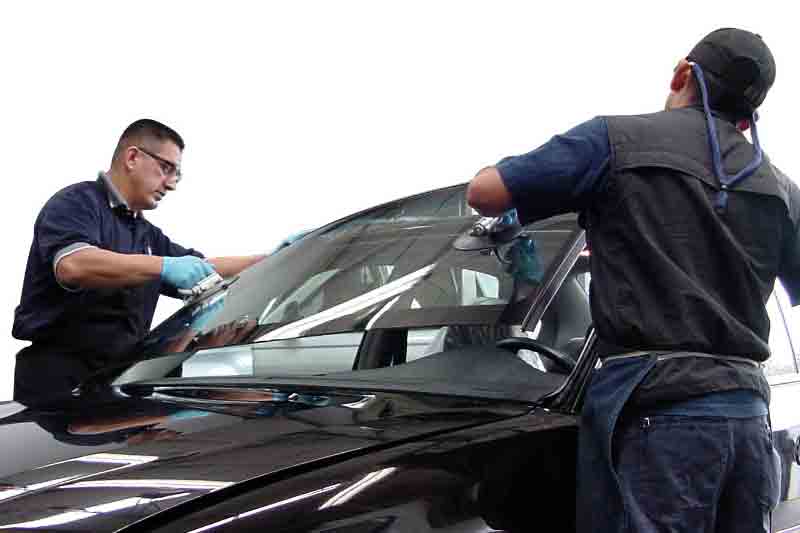What You Should Know About Fixing Your Vehicle
The need for auto repair terrifies many people. The best way to be sure you are getting quality repairs is to learn what you can in advance. Read this article to get a good basic knowledge before seeking out repair help.
Look for an auto repair shop that displays their certifications for everyone to see. Get a good look at it to make sure that they are current. Even if they are certified, that does not guarantee quality work, but there is a greater chance of the work getting done correctly.
You car records need to be kept on hand. Some people keep this paperwork in the glove compartment of their car so it is readily available, if needed. Mechanics may want to see these records. This can make the process go more smoothly.
If you are having work done on your car, make sure you get a written estimate beforehand. The estimate should include what is being repaired, the parts that will be needed and the anticipated cost for labor. It should also say that they will call for your approval before doing any additional work which exceeds the amount or time specified.
Just like at the doctor, you can get a second opinion before agreeing to costly repairs. A reputable shop should not be padding the bill, but it does not hurt to see what another professional thinks about the situation. If you are still nervous, the dealer is always an option. It will be more expensive, but they tend to someone checking over their shoulder more often.
Keep well-organized records on your car. You should have readily available records of everything in regards to maintaining your car when seeing a mechanic. Well-organized records can help them diagnose an issue correctly the first time. Unorganized records may lead to repeat repairs and lots of wasted money and time.
If you plan to take your car to the shop, do not leave anything inside the car. The technicians may have to move out these things to fix your car, and they cannot be held liable if anything goes missing. Remove all content from the trunk, too.
Make sure the mechanic can work on your particular car. Different cars require different skill sets. The safe route is to pay a little more to have a dealer's specialized techs work on the car.
Stick with Original Equipment Manufacturer (OEM) components. If your car needs parts, choose OEM parts over generic ones. For optimum performance, you should have the OEM parts that are up to the manufacturer's standards. While generic parts are cheaper, they're generally a lower quality than the original ones. This means that you may pay more later for replacements.
Choose a mechanic that is happy to explain the problem to you. Some mechanics feel that they know so much that the customer could never understand, but even if you do not fully understand the problem or what is being done, they should be happy to try their best to inform you about it. It is a huge sign that they are a good mechanic all-around.
Be responsible when performing DIY auto repairs. Just about every item you might replace or repair on a vehicle is environmentally unfriendly. Take care to dispose of liquids such as motor oil and coolant properly. Take used parts to your local junk yard or recycling center. Don't toss plastic bottles about the landscape. If you are unsure of where you can dispose of these items, check with your local waste disposal agency or an automotive supply store.
Never leave valuables in your vehicle when you bring it to be repaired. It is true that most shops have very trust worthy employees, but not all do, and you do not want to be a victim of theft. Instead, protect yourself by cleaning your vehicle and removing anything that is not attached to the car.
Pay attention to any fluids that pool under you car when parked. Small spots may not mean very much, but take note of what the fluid is. Plain water is usually just condensation that builds up on a car naturally. But bright green or orange fluid is the cooling system. Oily fluids are those like engine oil, or transmission fluid. These are warning signs.
Do not ignore unusual noises you hear when driving. Clunks, screeches, clicks and pings are usually caused by loose parts. Take your car to a trustworthy mechanic and describe the noise as best as you can. Your mechanic will probably replace or adjust the parts that were causing the noise.
It is true that car problems are quite annoying and inconvenient. However, when you know what you're doing, they are not that bad. Keep this information handy so that you will have it when you need it.

